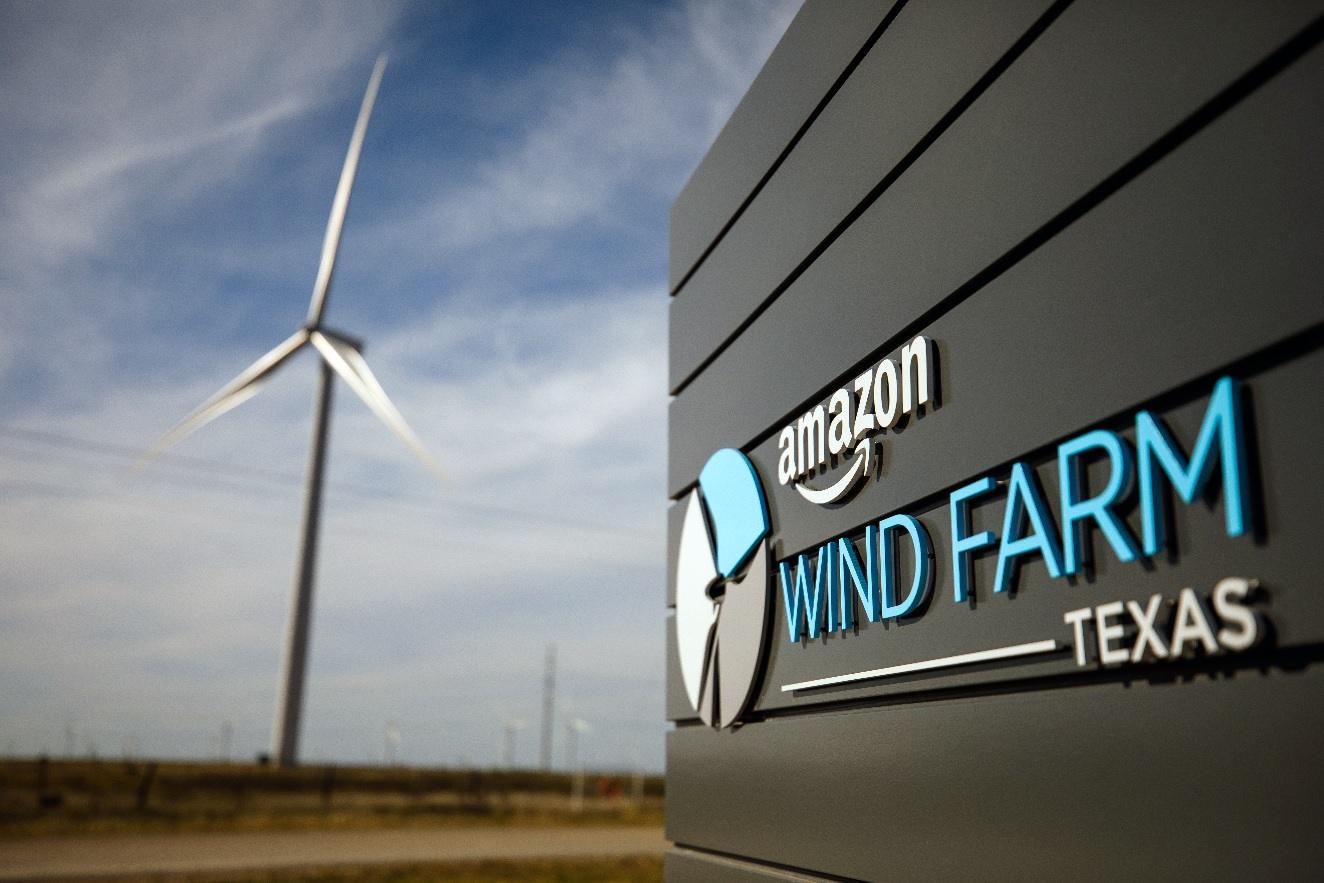Guest Post: The Inflexion Point For ESG In Private Markets
Andy Pitts-Tucker, Managing Director, Apex Group ESG Ratings & Advisory
Whilst ESG measurement and analysis has been embraced by public markets and listed businesses, their privately held peers remain behind the curve. However, this year, under growing pressure from institutional investors and regulators, and as evidence for the link between financial performance and ESG factors grows, private markets are taking notice. We interview Andy Pitts-Tucker, Apex’s Managing Director of ESG Ratings & Advisory who reflects on 2020, the year that ESG become more than just a ‘box ticking’ exercise for private markets. We ask him, what are the factors which have helped ESG transition from a nice to have niche to must have mainstream for private markets investors and companies?
To what extent has 2020 been a pivotal year for ESG in private markets?
As the name suggests, private funds have traditionally remained ‘private’ and have been somewhat reluctant to report to the market on both financial and non-financial metrics. But we have seen 2020 mark a significant change in the way private markets consider ESG. This change is neatly captured by ‘The Principles for Responsible Investment’ initiative designed to promote responsible investment across various asset classes, including private markets, and now has over 500 private equity funds as signatories.
Many fund managers have now realised that private markets and ESG are not incompatible – quite the opposite in fact. ESG often embodies the principles of operational best practice, something which private equity have always looked to implement during the period of time they are invested in a portfolio company. One client cited improved ESG factors as the reason for the attractive valuation of one of their portfolio companies to its peers.
What is driving ESG principles in private markets?
In my opinion, drivers of greater ESG awareness and transparency can be broadly categorised into ‘push’ and ‘pull’ factors.
The dominant driver is that stakeholders are demanding greater non-financial disclosure and ESG reporting, ‘pushing’ private equity investors towards ESG. Firstly, investors such as pension funds (also known as LPs, the institutions who invest in private equity funds) are now considering the ESG policies of the funds they invest in, as part of their fiduciary responsibilities to their underlying investors. This year, the demands being made on private funds are now closer to those asked of public companies by their shareholders.
We anticipate that soon private equity firms will be required to pass an ESG screening as part of their vetting process as their investors demand more transparency into the funds’ ESG policies, procedures as well as the non-financial performance of the underlying portfolio assets.
Secondly, supranational bodies and economic unions are introducing new regulation. Notably, we are now less than six months from the introduction of the EU Sustainable Finance Disclosure Regulation in March 2021. This legislation introduces the regulatory imperative for funds to better understand the ESG status of their portfolio investments and will require fund managers to report on the sustainability characteristics of their investments. Private equity funds now want to show ESG credentials and compliance voluntarily before they are forced to change by the regulation.
Finally, an often overlooked is the ‘pull’ factor toward ESG; private funds are facing pressure from employees who are seeking action from the inside out to make changes which will benefit people and planet, as well as contribute to the financial bottom-line. Private companies are realising that people want to work for, and direct their wallets towards, purpose driven and ethical organizations, that make a positive contribution to the environments and societies they operate in.
How are the E, S and G prioritised by private companies?
The relative weight given to the E,S and G which make up ESG, has changed and evolved over time. Initially, in the wake of the global finance crisis, governance dominated the agenda, often ‘pushed’ by widespread regulatory and legislative change.
Next, came the signing of the Paris Agreement in 2016, raising the profile of environmental concerns, namely carbon emissions. This prompted questions around the role of private enterprise in meeting the agreement’s target of keeping a global temperature rise this century well below 2 degrees.
And finally, as we will discuss later, ‘S’, the social impact of investments and businesses is now becoming more prominent, for all companies both public and private. Reputation and profit are not only impacted when legal lines across but also when a business crosses a moral line or breaks the social contract it holds which its customers and societies that it operates in. Given this change over time, perhaps we should be calling it GES rather than ESG!
How has the pandemic impacted ESG in private markets?
Covid-19 pandemic has not impacted the above drivers of the growth of ESG – and in fact has sharpened the focus on risks of all types. One private equity fund was undertaking due diligence on a potential acquisition, which was put on hold due to the pandemic. The acquisition process has now been revived, now with increased documentation required around ESG factors.
Crucially, once we come out of the other side of the crisis, private asset investors and their portfolio companies are in a unique position to act as change agents to build back stronger economies, and ESG considerations must play an integral part in this rebuilding.
What are the challenges that private markets and companies face when quantifying and assessing ESG factors and how can they overcome them?
It is easy to be critical of the private markets’ slow uptake of ESG monitoring and reporting with the task of accessing and analysing meaningful ESG data from private portfolio companies and underlying assets deemed ‘too difficult’. The listed space already has a multitude of data collection solutions, providers and indices, yet there still remain few reputable independent, global ESG providers for the private markets.
With the growing appetite, and pressure to meaningfully engage with ESG, there remain several primary questions facing private asset managers:
- What is the most reputable methodology to use, and robust data to capture to avoid accusations of ‘greenwashing’?
- How can private markets source the data in a time efficient, logical, accurate manner?
- Who should they measure performance against including international standards and sector peers?
One of the key challenges for private asset managers is answering these questions in a way which addresses the inconsistency in how ESG is reflected in investment choices, and the absence of an accepted industry or international standard on data formats. Private markets have been seeking an independent, end-to-end offering not only to ensure relevance, consistency and longevity surrounding ESG, but also to simply create better, more resilient, profitable and valuable companies.
Andy Pitts-Tucker is Managing Director, Apex Group ESG Ratings & Advisory, Founder of PT Conversation and Development Board Member of Tusk Trust





